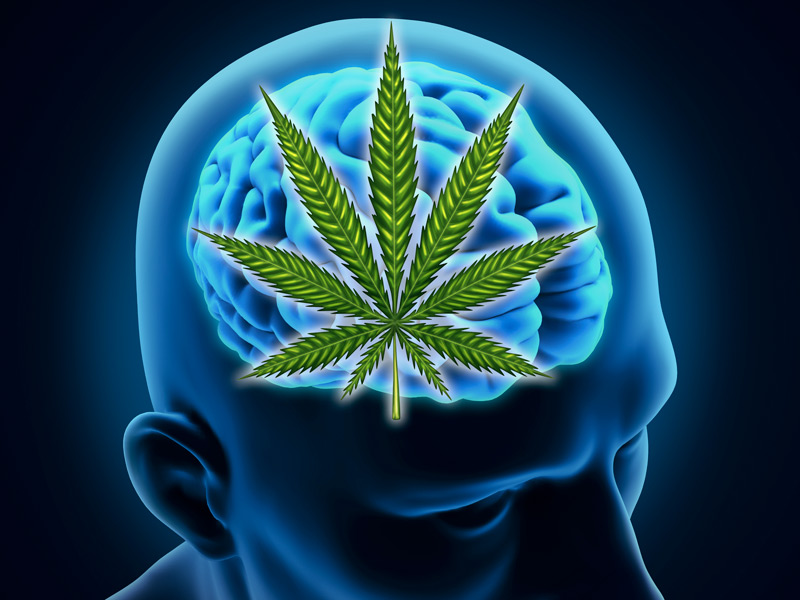Study shines a light on the science of cannabis and neurochemistry
A study recently conducted and published in the Addiction Biology provides an insight into cannabis and neurochemistry.
Researchers studied the implications that cannabis consumption may have on psychosis, with the study authors claiming that the risk of developing schizophrenia increases with high levels of use.
Stress-induced dopamine signaling responses were diminished in the brain’s prefrontal cortex when a person used cannabis on a regular basis.
Until this study on cannabis and neurochemistry was published in August 2019, minimal evidence pertaining to the plant’s effects on the brain had been revealed.
An overview of the study on cannabis and neurochemistry
Individuals who participated in the study exhibited an altered stress‐induced cortical dopamine response after using cannabis. Study subjects were considered a “clinical high risk for psychosis” when they used the plant frequently.
The researchers claim that, combined, cannabis consumption and stress are contributing factors for psychosis. In comparison with healthy volunteers who do not use cannabis regularly, the striatal dopamine response was significantly higher in those who used weed; consumers were a clinical high risk for psychosis (CHR).
In order to carry out this study, a validated stress task was carried out using positron emission tomography (PET). The nuclear medicine functional imaging technique was used to explore dorsolateral PFC (dlPFC) and medial PFC (mPFC) dopamine release.
A total of 33 participants joined the study. Two PET scans were completed by the study subjects; eight were chronic cannabis consumers with a CHR for psychosis, 11 were healthy volunteers who participated in a Sensory Motor Control Task (control scan) and the Montreal Imaging Stress Task (stress scan), and 14 were non-consumers with a CHR for psychosis.
Stress‐induced dopamine release (ΔBPND) majorly fluctuated between each group of volunteers. Lower ΔBPND was noticeable among high-risk cannabis consumers than non-consumers with a CHR.
Salivary cortisol response (ΔAUCI) was also much lower in high-risk cannabis consumers than in CHR non-consumers. After completing the stress task, CHR‐consumers also demonstrated higher attenuated psychotic symptoms than CHR non-consumers.
Youth cannabis consumers more likely to develop psychosis
The study couldn’t have been released at a better time, what with the plant being legalized to some extent in 33 U.S. states and rates of consumption growing. Sweeping legislation is prompting more youths to try weed, which is slightly concerning, considering the fact that youths are more susceptible to developing the mental health disorder.
“Regular cannabis use has a profound effect on cortical dopamine function, in particular in relation to the stress response, which is critical for young adults at risk for psychosis,” said senior author Romina Mizrahi, MD, PhD, who works at the Toronto Center for Addiction and Mental Health. “These results highlight the need for further research on the impact of cannabis on brain neurochemistry, especially in populations at risk for psychosis.”
Ongoing studies are essential to accurately determine the implications of regular cannabis consumption on cortical dopamine function in high‐risk youth.








